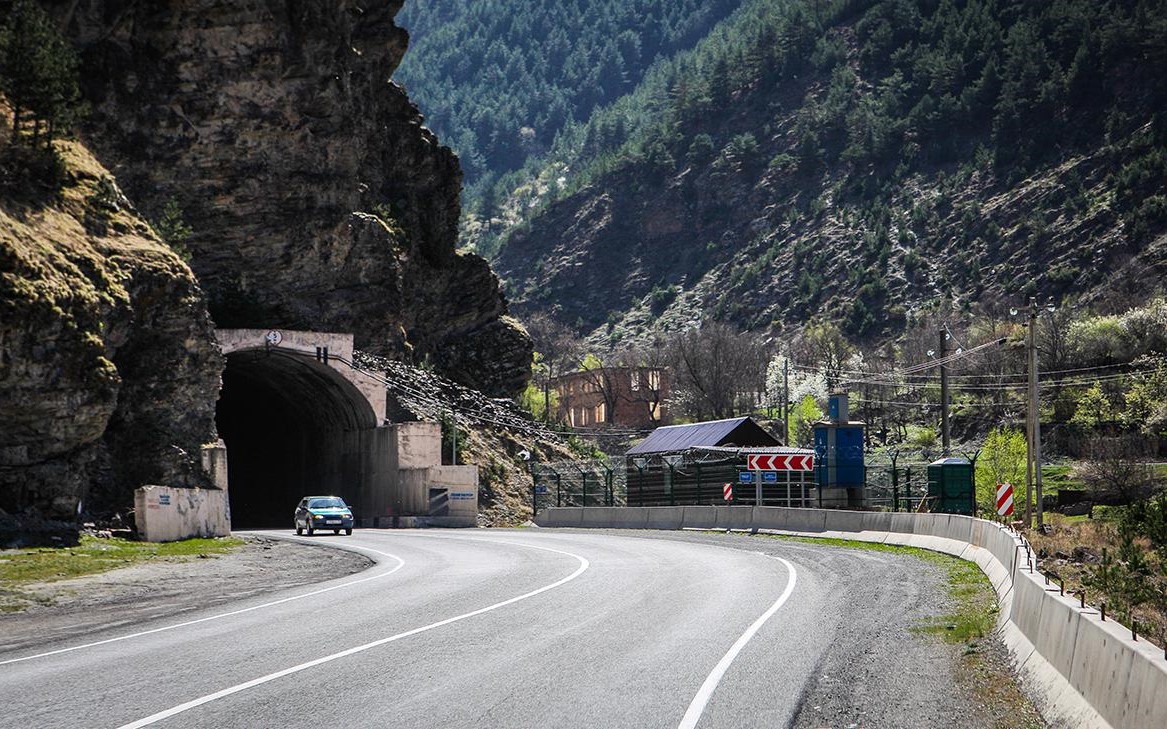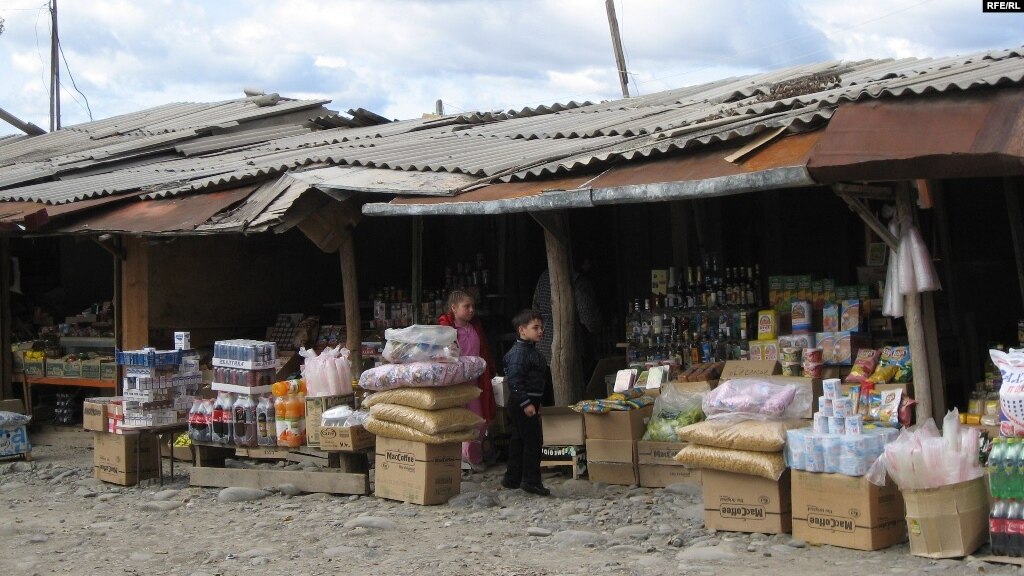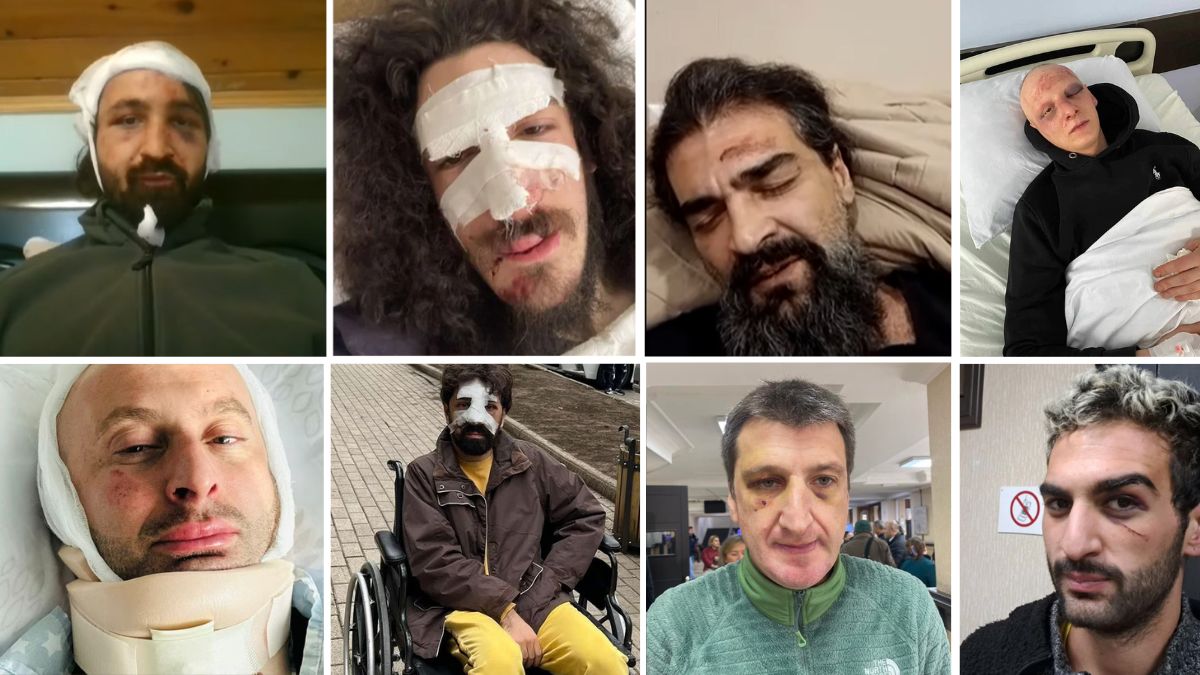New railroad from Russia to Georgia: How necessary and feasible is it?
Railroad from Russia to Georgia
Ingushetia is in discussions about the construction of the Caucasus transit railway, which would connect Russia’s North Caucasus region with Georgia. Entrepreneurs see new opportunities, but how justified is such optimism in the current geopolitical climate?
On December 6, the head of Ingushetia, Mahmud-Ali Kalimatov, discussed the prospects of building the railway with Yuri Balashov, chairman of the Russian-Georgian Business Council. They explained the need for alternative transit corridors, the development of tourism ties, and the opening of new air routes.
The parties also discussed “aspects of humanitarian cooperation with neighboring countries, especially Georgia, whose interests are represented by the Business Council.”
The Russian-Georgian Business Council, established in February 2023 under the Russian Chamber of Commerce and Industry, aims to coordinate the efforts of Russian entrepreneurs to enter the Georgian market. This includes establishing direct links with partners and suppliers, promoting investment cooperation projects, and identifying new promising areas for collaboration.
According to Kalimatov, “a year ago, a number of issues related to cooperation with Georgia were identified,” some of which have already been resolved.
“We are actively developing cultural ties – Georgian artists came to us to celebrate the 100th anniversary of Ingush statehood,” he provided as an example.
For his part, Yuri Balashov said that plans include a youth forum, which will also feature representatives from Georgia.
- Closed Georgian-Russian meeting took place in Vladikavkaz. How did the Ossetians react?
- “Utopia and demagogy”: South Ossetian authorities discuss joining the Union State of Russia and Belarus
Earlier, Balashov discussed integration processes with Georgia in Vladikavkaz at the 10th International Economic Forum “Southern Gates of Russia 2024.”
“For a long time, we did not pay enough attention to developing relations with Georgia. Today, it is time to revive these relations. We are talking about economic and socio-cultural ties. The work is quite extensive. As a result, direct air communication has already been established, a visa-free regime is in place, and now it’s time to move forward.
We need to open new transit corridors, develop cooperation with border regions, create joint tourist routes, and implement professional socio-cultural projects, for example, in the fields of medicine and youth policy,” Balashov said at the forum.
Currently, the only land route connecting Russia with the South Caucasus is the so-called Military-Georgian Road (a historic name dating back to the 19th century). It runs through the Darial Gorge via the Russian checkpoint “Verkhny Lars” and the Georgian checkpoint “Dariali.”
According to Balashov, this road cannot handle more traffic, and therefore, new routes need to be developed, such as the Caucasus Transit Railway “and not only.”
The railway is expected to start in Ingushetia, partially pass through North Ossetia, and have a checkpoint in Dagestan.
In North Ossetia itself, experts are skeptical of these initiatives.
They point out that, in fact, there are no official diplomatic relations between Russia and Georgia, as they were severed in 2008.
A few years ago, Chechen leader Ramzan Kadyrov proposed building a direct route from the mountainous areas of Chechnya to regions with compact Chechen populations in Georgia, but this idea failed to gain support in the Kremlin and was rejected by Russian President Vladimir Putin.
One Ossetian official, speaking anonymously, expressed the view that in the current unstable situation, it is unlikely that such labor-intensive infrastructure projects, which would require significant financial investment, will be realized.
The Georgian side’s position on this matter is still unknown. However, given that Tbilisi accuses Moscow of occupying 20 percent of its territories, with pro-Western (effectively anti-Russian) protests currently taking place in Georgia and the sitting government being accused of working for the Kremlin, it is unlikely that this idea will be well received by Georgian society.
The terms, toponyms, opinions, and ideas in this publication do not necessarily reflect the views and ideas of JAMnews or its individual staff members. JAMnews reserves the right to remove comments on publications that are deemed offensive, threatening, incite violence, or ethically unacceptable for any other reason.





















